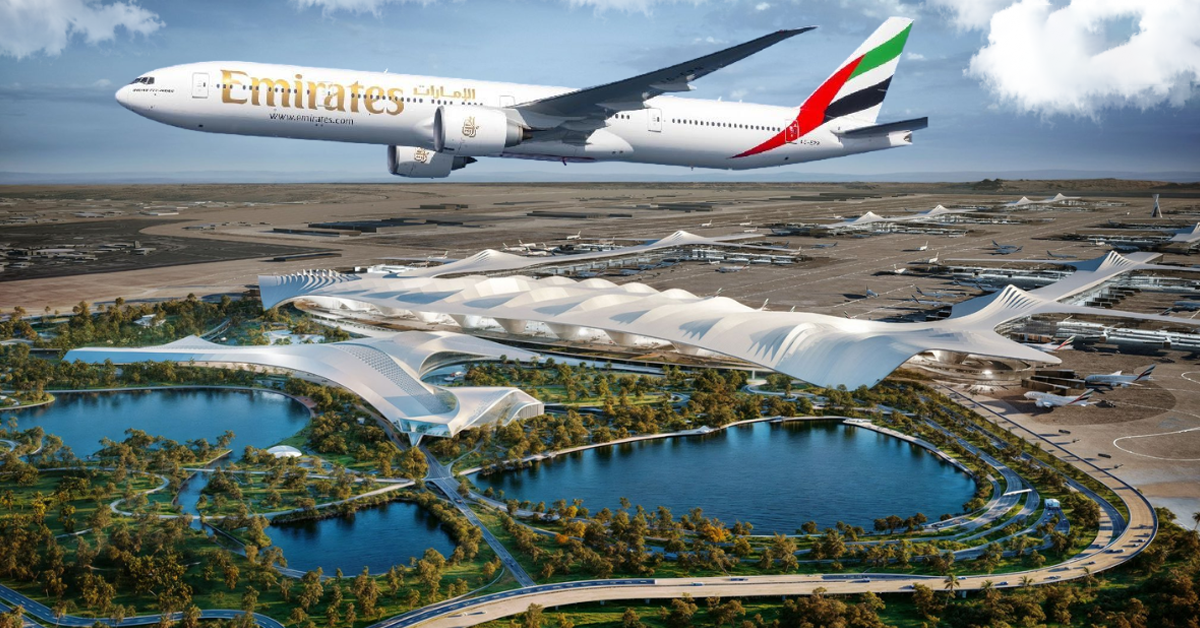
Dubai's ambitious plans for the expansion of Al Maktoum International Airport are poised to have far-reaching implications for the city's real estate market. As one of the world's largest aviation hubs, the development of Al Maktoum International Airport is expected to catalyze growth and reshape the urban landscape of Dubai. Let's delve into how this monumental project will impact the city's real estate sector.
Expansion Plans and Infrastructure Development:
The expansion of Al Maktoum International Airport represents a cornerstone of Dubai's broader vision to become a global aviation hub and enhance its connectivity with key markets worldwide. With plans to increase the airport's capacity to handle over 260 million passengers annually by 2030, significant investments are being made in infrastructure development, including new terminals, runways, and state-of-the-art facilities.
Impact on Residential Real Estate:
The development of Al Maktoum International Airport is expected to drive demand for residential real estate in the surrounding areas, particularly in emerging residential communities such as Dubai South and Dubai Investment Park. As the airport becomes operational and attracts a growing number of businesses and professionals to the area, there will be a corresponding need for housing options, ranging from affordable apartments to luxury villas, to accommodate the influx of residents.
Commercial and Logistics Opportunities:
The expansion of Al Maktoum International Airport is also poised to create significant commercial and logistics opportunities, positioning Dubai as a global trade and commerce hub. The airport's proximity to Jebel Ali Port and its designation as a free zone will further enhance its appeal to businesses looking to establish a presence in the region. This, in turn, is expected to drive demand for commercial real estate, including office spaces, warehouses, and industrial facilities, in the surrounding areas.
Infrastructure Connectivity and Transit-Oriented Development:
The development of Al Maktoum International Airport is closely linked to Dubai's broader strategy of promoting transit-oriented development and enhancing connectivity through integrated transportation networks. The airport's proximity to major highways, including Sheikh Mohammed Bin Zayed Road and Emirates Road, as well as the future Dubai Metro extension, will facilitate seamless connectivity and accessibility to surrounding areas, thereby enhancing the attractiveness of real estate developments in the vicinity.
In conclusion, the expansion of Al Maktoum International Airport represents a transformative milestone in Dubai's journey towards becoming a global aviation and logistics hub. The project's impact on the city's real estate market is multifaceted, with implications for residential, commercial, and logistics sectors. As construction progresses and the airport becomes operational, we can expect to see a ripple effect across Dubai's real estate landscape, driving growth, investment, and opportunities for years to come.